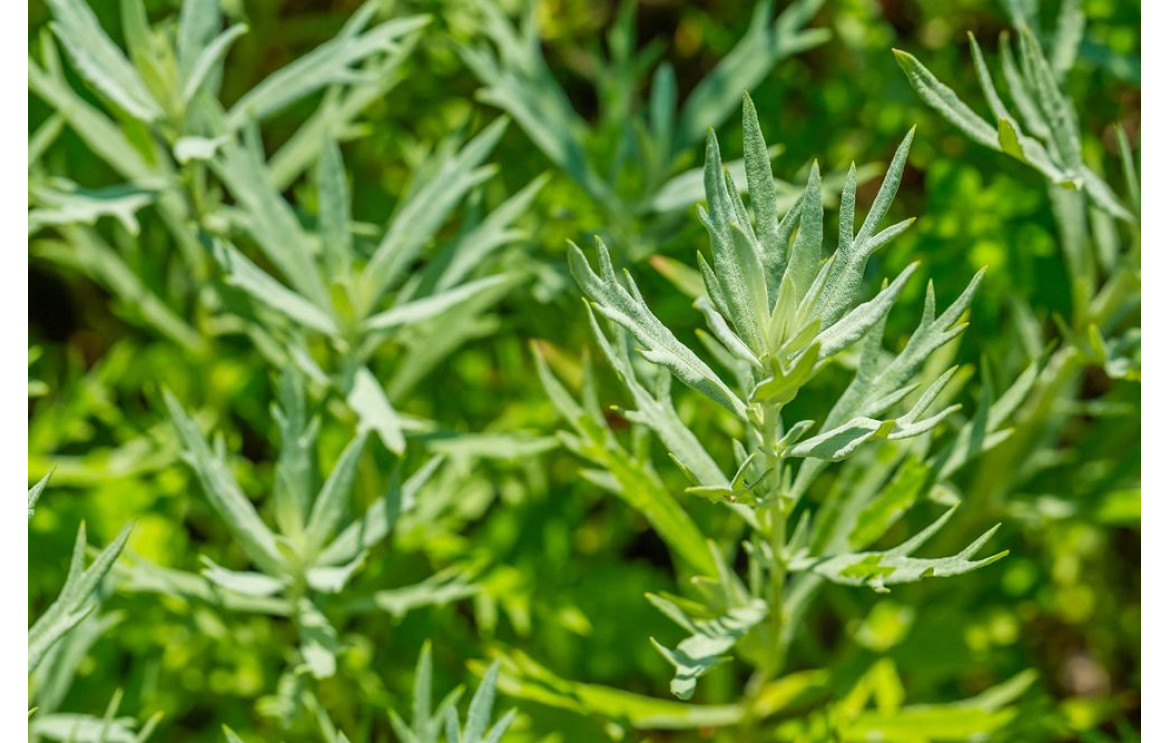
Wormwood properties
10/10/2021 | HerbShopUK
Wormwood is called the lord's herb, vermouth, absinthe, and dog's rue. It grows in all conditions and can often be seen in fields. It flowers in mid to late April and is then suitable for harvesting, which is then dried and the raw material left for infusion. Brewed wormwood has many health-promoting properties. It has been used for centuries for digestive problems and female ailments. Occasionally, it can also be poisonous. What do you need to know about wormwood?
Health promoting properties
Wormwood contains tannins, mineral salts, flavonoids and essential oils. These have antibacterial, antispasmodic, anti-inflammatory and cholagogic effects and even defend the body against parasites.
Thanks to this, wormwood has properties of positive influence on the digestive system. It helps with any type of indigestion, as well as with gastritis. An infusion of wormwood can be drunk for problems with heartburn, flatulence, the so-called heavy feeling in the stomach. The chemical compounds contained in wormwood support the liver by cleansing it and the gall bladder by carrying bile to the duodenum. They may also stimulate the appetite and aid metabolism. Wormwood extract is included in, among others, Wormwood Syrup with calamus, which supports the functioning of the human digestive system.
Wormwood is an effective remedy for female ailments. It is used to regulate menstrual cycles, which is why it is called a maidenly herb.
It can also cleanse the body of parasites living in the digestive system, such as pinworms, nematodes, lamblia and human roundworms. Wormwood oil can be used externally to fight head lice or scabies, and can also be rubbed on the chest to help ease breathing and treat coughs. Try Wormwood Tea for lamblia with wormwood in the formula.
Wormwood is included in dietary supplements that have a beneficial effect on the functioning of the entire body, including the immune system or the digestive system.
Opinions and dosage
Wormwood has many benefits and good reviews, especially in the form of absinthe, which is a high alcohol produced from wormwood extract. Absinthe is the favourite alcoholic drink of famous artists such as Ernest Hemingway and Vincent van Gogh. It is also popular among gourmet drinkers. However, wormwood also has a reputation as a dangerous herb, because an overdose of it leads to hallucinations, diarrhoea or vomiting. Therefore, it needs to be used in moderation and for a short period of time.
Wormwood herb can be used as an infusion for daily use. To reduce the bitterness, it can be sweetened with a teaspoon of honey.
An infusion of wormwood can be made for health purposes. All you need is one teaspoon of dried herb poured over one cup of boiling water. After steeping it for 20 minutes, simply strain the infusion. Such an infusion is drunk in a dose of half a teaspoon, up to 3 times a day. You can buy ready-made wormwood teas in sachets in herb shops and pharmacies. Read the instructions before brewing and follow the doses recommended by the manufacturer.
Contraindications
Unfortunately, wormwood has contraindications for use and cannot be used by everyone. First of all, people who are allergic to the components of this herb must not use it. Also pregnant and breast-feeding women as well as children must not drink wormwood infusion. A tendency to bleeding, stomach or duodenal ulcers and haemorrhoids are also contraindications. Wormwood infusion should also not be drunk by people with heart problems.
It is important not to use wormwood infusion for more than 10 days, as side effects may then occur. Wormwood should be used in moderation and not in doses higher than recommended.
Side effects can include diarrhoea, nausea, vomiting, insomnia and even anxiety attacks, nightmares and dizziness. In case of overdose, seizures, kidney failure or urinary retention may occur.
